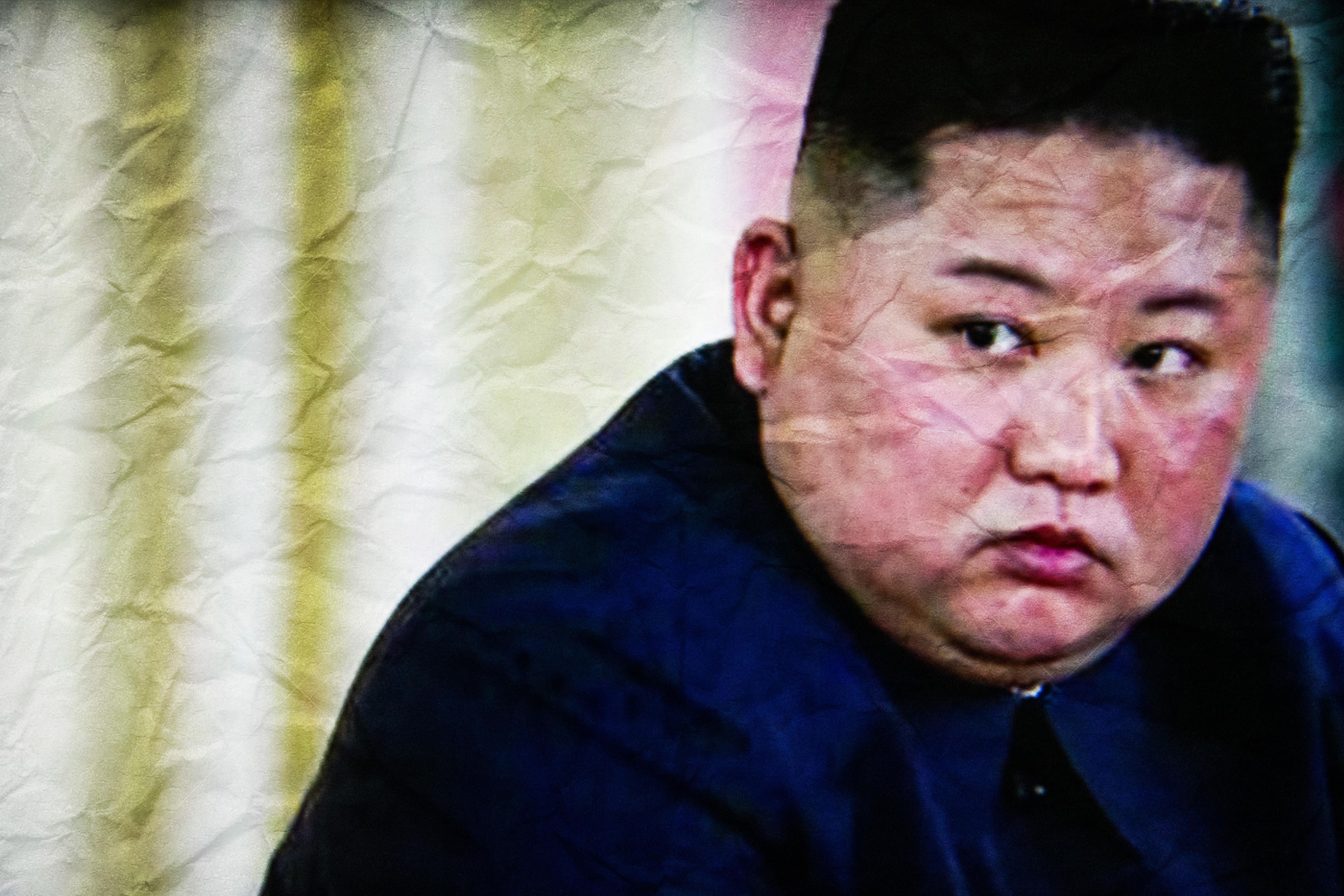News
March 24, 2021
2 & 1: North Korea has fired at least two missiles into the sea, which leaves us with one pressing question: Trump's unconventional approach towards Kim Jong-un was easy to criticize, but what is the Biden administration's policy towards Pyongyang actually going to be? The Pentagon called Kim's latest test "business as usual," but offered little more insights.
70: Seventy percent of Americans say that Asians are discriminated against in the United States, according to a new poll taken after the Atlanta area shooting last week in which most of the victims were Asian women.
100: More than 100 ships were stuck at either end of the Suez Canal after a massive container ship went aground in the busy waterway. The canal, which connects the Red Sea (lying between Africa and Asia) to the Mediterranean, is responsible for 10 percent of global shipping traffic.
60: The world's 60 biggest banks have provided $3.8 trillion worth of financing for fossil-fuel industries since 2015, when the Paris Climate Accord was signed. US-based JPMorgan Chase flushed the most cash into the industry, followed by CitiBank. In Europe, meanwhile, British bank Barclays financed fossil fuels more than any other bank.More For You
People in support of former South Korean President Yoon Suk Yeol rally near Seoul Central District Court in Seoul on Feb. 19, 2026. The court sentenced him to life imprisonment the same day for leading an insurrection with his short-lived declaration of martial law in December 2024.
Kyodo
65: The age of former South Korean President Yoon Suk Yeol, who was sentenced to life in prison on Thursday after being found guilty of plotting an insurrection when he declared martial law in 2024.
Most Popular
In an era when geopolitics can feel overwhelming and remote, sometimes the best messengers are made of felt and foam.
Hungarian Prime Minister Viktor Orban holds an international press conference in Budapest, Hungary, January 5, 2026.
REUTERS/Bernadett Szabo/File Photo
The Hungarian election is off to the races, and nationalist Prime Minister Viktor Orbán is facing his most serious challenger in 16 years.
How people in G7 and BRICS countries think their policies will effect future generations.
Eileen Zhang
Does skepticism rule the day in politics? Public opinion data collected as part of the Munich Security Conference’s annual report found that large shares of respondents in G7 and several BRICS countries believed their governments’ policies would leave future generations worse off.
© 2025 GZERO Media. All Rights Reserved | A Eurasia Group media company.
